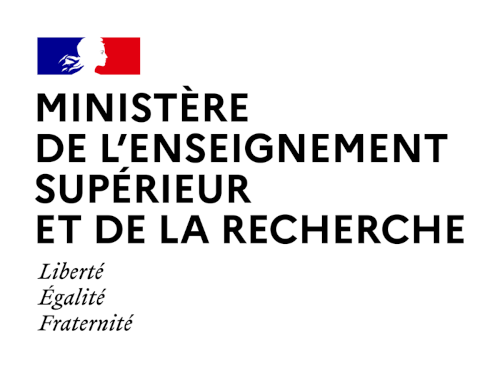Coord.: Óscar RECIO MORALES (Universidad Complutense de Madrid), Cecilia TARRUELL (University of Oxford), Thomas GLESENER (Aix-Marseille Université, Institut universitaire de France)
Org.: École des hautes études hispaniques et ibériques (Casa de Velázquez, Madrid), Maison Française d’Oxford, UMR 7303 Telemme (Aix-Marseille Université, CNRS), EUROEST: MINECO / FEDER Research project ‘The Other Europe: Eastern Europeans Communities in Spain and Its Wider World’, HAR2015-64574-C2-1-P (Universidad Complutense de Madrid), ‘Trans-Imperial Life Trajectories. Safavid Communities and Individuals in Early Modern Spain and Portugal’, HAR2015-64574-C2- 2-P (Universidad de Alicante)
Coll.: Institute of Iranian Studies (Austrian Academy of Sciences), Instituto Polaco de Cultura, Institut universitaire de France, Universidad Complutense de Madrid, Universidad de Alicante
Lugar:
Maison Française d'Oxford
2-10 Norham Road
Oxford OX2 6SE
Entrada libre y gratuita
Presentación
The relations between the Early Modern Iberian monarchies and the Euro-Mediterranean East have generally been studied from the perspective of war and religious confrontation. The Catholic societies which emerged from the Reconquest seemed, indeed, to be located at the antipodes of these regions dominated by ‘schismatics’, ‘heretics’ or ‘infidels’. However, over the past years, this perspective has been revised in particular thanks to the renewal of Mediterranean studies and the history of the Portuguese Empire in Asia.
The attention paid to certain social groups placed in situations of intermediation (political, economic or cultural) has been one of the vectors of this change. The border areas, in the Maghreb or in the South of Italy, have particularly interested historians, but more discreet trajectories have shown that the Mediterranean was also a place of passage between Asia and the Americas.
From the shores of the Baltic in the North, through the Caucasus to the Persian Gulf in the South, the rise of the Iberian monarchies and their new maritime routes seem to have left no one indifferent. In line with this cycle’s previous seminar, organized in Madrid in 2017, this one seeks to measure the eastern ramifications of the Iberian kingdoms and their Atlantic extensions by following the path of the individuals and communities that travelled through them.














